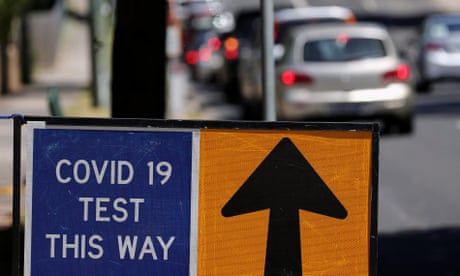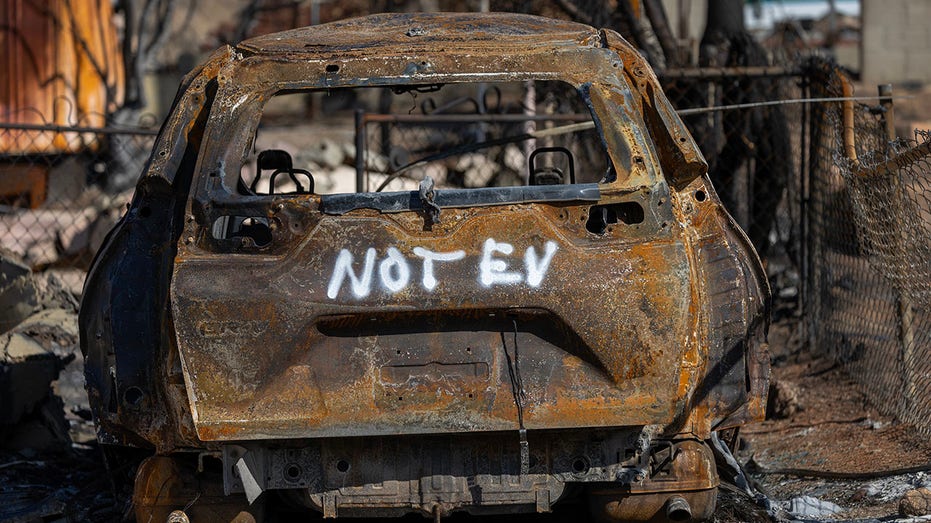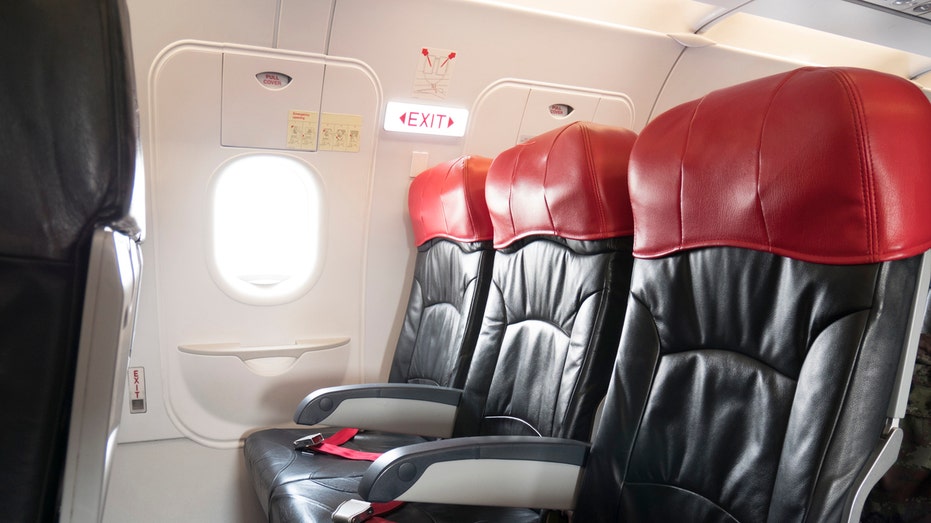- by foxnews
- 31 Jan 2025
Australia?s daily Covid cases could rise to 100,000 within weeks, expert predicts
Australia’s daily Covid cases could rise to 100,000 within weeks, expert predicts
- by theguardian
- 30 Dec 2021
- in news

Australia could see daily Covid case numbers of more than 100,000 within weeks - lasting for about a month - before new mask and density rules flatten the curve.
The prediction, made by Dr Michael Lydeamore, a Monash University infectious diseases modeller who is part of the Doherty Institute modelling consortium that advises Australia's national cabinet, came as states and territories reported more than 18,000 cases on Wednesday - a pandemic record.
"A month of six figure cases is certainly not outside the realms of possibility across Australia," Lydeamore said, stressing that modelling is based on "broad and crude assumptions".
He said we could have a month of six-figure infection rates before the outbreak peaks, most likely just after February.
Recent models had predicted Covid cases would peak in just over a month's time. A preliminary University of New South Wales model mentioned by the NSW health minister Brad Hazzard on 15 December predicted up to 25,000 cases a day in that state alone by the end of January.
Last Tuesday, there were reports that the Doherty Institute was predicting Australia could have 200,000 new Covid cases a day by late January or early February under a "worst-case scenario", if no health settings were tightened.
However the reintroduction of indoor mask mandates and density limits in various states in recent days means that worst-case scenario models for daily cases are less likely to be reached, Lydeamore said.
Instead, infections will be spread further throughout the year with the peak delayed and less severe.
"The numbers we are seeing, such as the 11,201 in NSW today, are not in the realm of very high. It can feel very high compared with what we're used to but it's a far cry from what it could be soon," Lydeamore said.
He also noted "the restriction levels really mess that up". "The more restrictions that come in, the later and flatter the curve will be. If absolutely nothing had been done, you would have been thinking January or February as the peak, but we know some restrictions have already come."
Lydeamore said the speed that cases will reach the peak is unclear, but that the fewer restrictions in place, the more that the rate of case decrease after the peak will mirror the rate of increase.
"We're not going to get back down to single digit cases for a very long time. The endemic level of cases will probably be lower than the current level of daily cases we're seeing now."
Lydeamore also said it was difficult for modellers to factor in how Australians' attitude to gathering could become more cautious as case numbers surge.
Additionally, the speed of the booster rollout and uptake and the effects of natural immunity on reinfection, are variables that could dramatically shape the speed and intensity that the current wave of Covid spreads through the community.
On Wednesday, as NSW Dominic Perrottet defended his management of Covid restrictions and health minister Brad Hazzard reiterated that "we'll all get" Covid, the state's chief health officer, Kerry Chant, warned the local spread of Omicron could be different to other countries'.
"What we know from South Africa is that it's been quite a massive uptick and then a drop down but there is some science behind that because when you get a certain proportion of the population exposed, you actually boost their immunity and then it almost acts as if you're boosted with a vaccine through that natural protection. It's always difficult to draw direct comparisons," Chant said.
Lydeamore also warned that the overwhelmed state of testing systems meant that daily numbers reported this week are likely to be just 80% of actual infections.
"The actual number of daily infections in NSW [on Wednesday] is probably closer to 14,000 or 15,000."
"As the testing is stressed, that fraction of cases we detected is likely to drop down, as we just won't be able to keep testing everyone when you've got thousands upon thousands of cases. It's expensive and time consuming, and you can miss a few hundred and things won't change much."
Lydeamore said that as cases grow, the number of undetected cases increases, and Covid becomes endemic, modelling in Australia "will pivot to the short term and to situation awareness ", similar to the way weather forecasts are only made for coming days before accuracy deteriorates and predictions become less useful.
Mary-Louise McLaws, a professor of epidemiology at the University of NSW and adviser to the World Health Organization, said she believes the prediction of a peak of six figure case numbers every day for a month could hinge on how governments deal with testing, detection and isolation of Covid from now on.
"Factoring in testing times, and if rapid antigen tests are given out for free, could change how you get to the six figure a day for a month prediction," she said.
She noted Lydeamore's prediction was broad and an estimate, but said that while most modelling provides a worst-case scenario, some predictions can also be the best case because some inputs for the model can change.
- by foxnews
- descember 09, 2016
Flight passenger asks who controls entertainment center for extra seat, ignites etiquette debate
A flight passenger asked on Reddit about the use of the entertainment center when sitting in a two-seat, exit-row chair, with folks on social media weighing in. An etiquette expert shared insights.
read more


